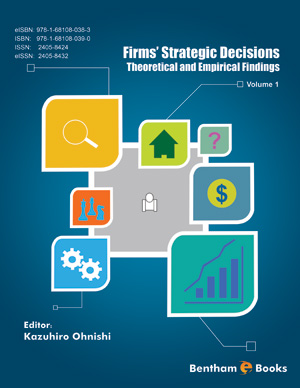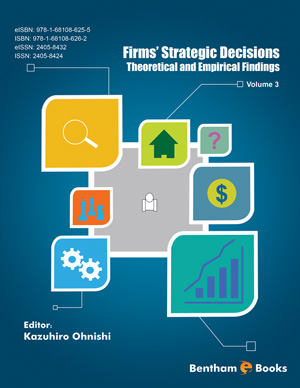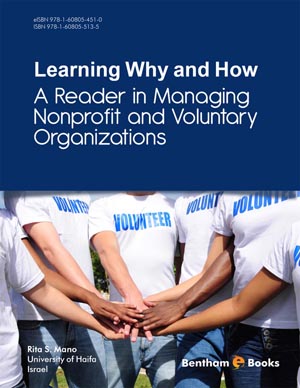Abstract
There are many lines of thought and action supportive of social responsibility as every person’s responsibility, for a new way out of the current human crisis, and for continuing social benefit. The Occupy Movement of 2008 has already identified cultural innovation and social responsibility as the way beyond neo-liberalism. It therefore is fitting to highlight it as we begin this book. The Foreword begins with The Declaration of Occupy Wall Street (OWS) and its implications for the economy, politics, and the environment. OWS is constructing a counterculture with youth, labor, and minority activists as part of a global movement for freedom, democracy, and economic justice. Analysis by the US Census Bureau shows that one of every six Americans lives under the official poverty line. Further sharp increases in poverty and child poverty are projected.
Class warfare against the poor and the programs that support them began in the 1960s, and still continues (Piven, 2011). America’s ongoing jobs depression is the worst since the 1930s (Reich, 2011), but government action as a purchaser of last resort is blocked by market fundamentalism (Sachs, 2011). Enormous disparities in wealth are rampant and growing all over the world as well as in the US (Dyck, Mulej, and coauthors, 1998).
While OWS has no fixed targets, it recognizes that the economic system is out of control. Financialization is a key culprit (Chomsky, 2011). An emergent antidote, in the US and Europe, is a tax on financial transactions (Bottari, 2011). Tax havens should also be shut down (Palan, Murphy, and Chavagneux, 2010). Referenda in Boulder and Madison have called for a federal Constitutional amendment to eliminate corporate personhood and the status of money as free speech (CommonDreams.org, 2011).
OWS already has inspired a well-publicized walkout from Harvard’s neo-liberal Econ 10, taught by Gregory Mankiw, the 25th most widely cited economist in the world today (Inskeep, 2011). Frances Fox Piven has called for a movement for a new moral economy (2011). Recent contributions by Rist (2011), Econ4 (2011), and Dyck (2011) support the emergence of a new economic model.
Research by Vitali, Glattfelder, and Battison (2011) reveals the main outlines of the global network of influential corporations, showing high levels of connectivity in terms of ownership, particularly in a small central core of 20 corporations. Stiglitz (2010) shows the dangers of bankruptcy cascades in highly integrated global financial institutions. Henry (2012) shows in his report to the Tax Justice Network (London) that a global super-rich elite has hidden between $21and $32 trillion of wealth in offshore tax-free havens. The lower figure, $21 trillion, is equivalent to the GDPs of Japan and the US combined. If just $21 trillion were taxed, the economic problems of the Euro zone and Africa could be solved.
ISO 26000 on Social Responsibility (ISO, 2010) articulates a systemic cybernetic process, which will be elaborated in this book, for the emergence of a new socioeconomic model based on social responsibility. In October 2011 the European Union published its official support to social responsibility, urging its member states, large enterprises, and other organizations to work toward more social responsibility as the solution to the current economic crisis, and the beneficial way forward for individuals, organizations, and nations (European Union, 2011).
Keywords: Class warfare on poverty, corruption, economic power, equality, financialization, human rights, ISO 26000, justice, market fundamentalism, monopolies, new moral economy, Occupy Wall Street, oppression, people, profit, self-interest, social cybernetics, social responsibility, tax evasion, United States.









.jpg)


